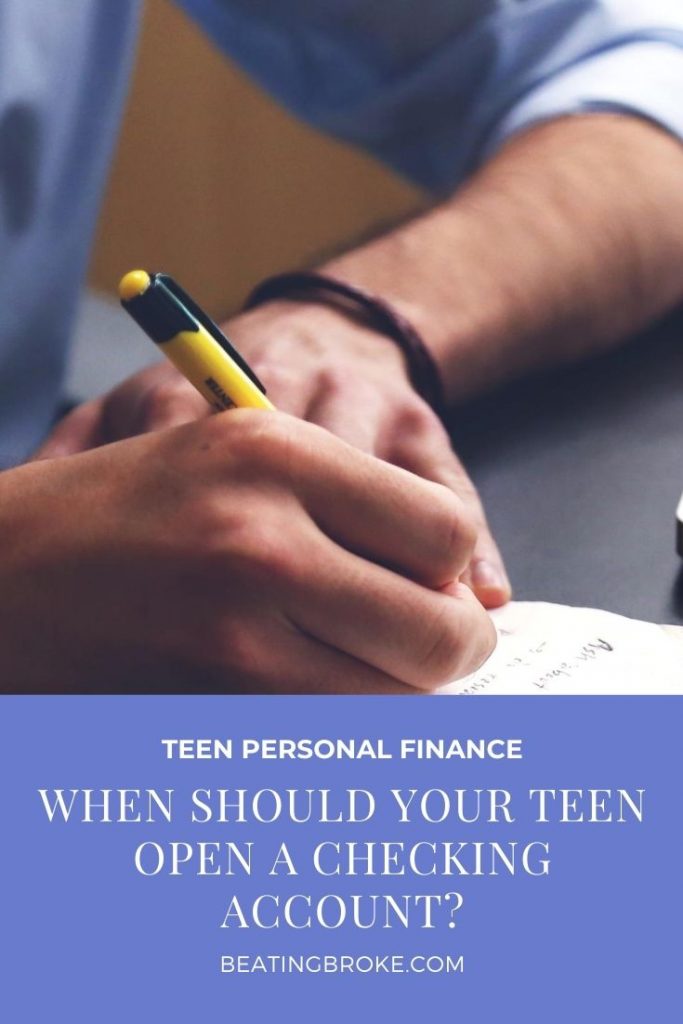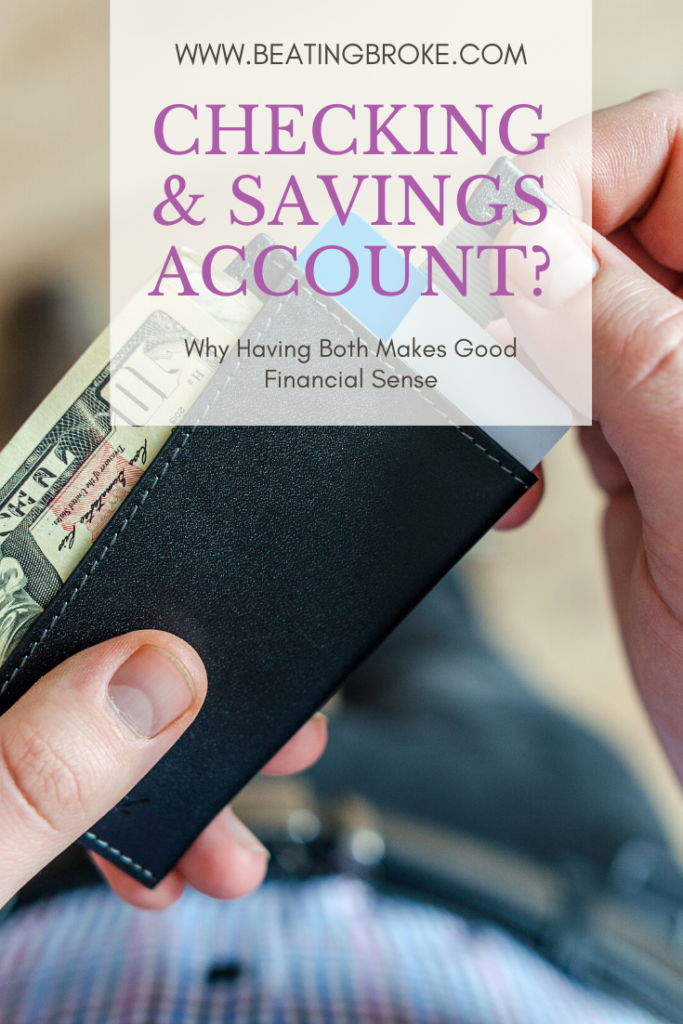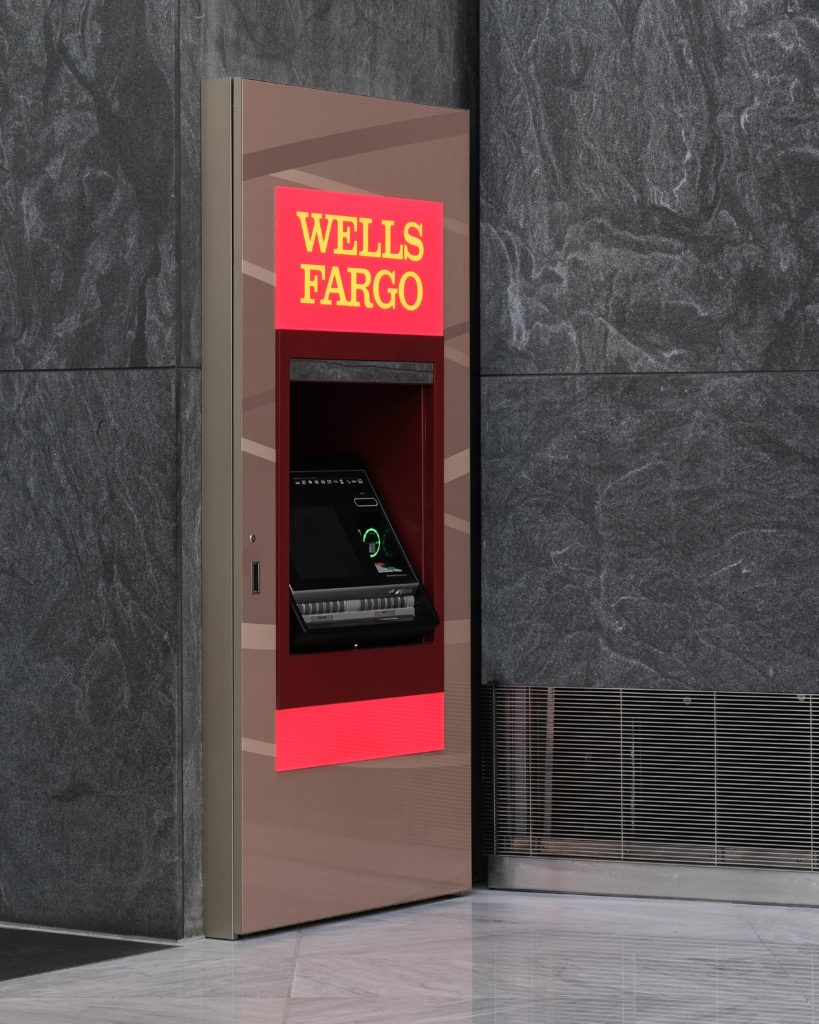My oldest child has always had an interest in spending money and being independent, so I shouldn’t have been surprised when he wanted to open a checking account, but I was. After all, I rarely use my own checking account. I didn’t think a 13-year old would want one, but he was adamant he did. It turns out, he was smart to want a checking account from such a young age, and I’m glad we let him open one.

When Should Your Child Get a Checking Account?
There’s no hard and fast rule when your you child should get a checking account, but if the child is asking for one, it’s probably time. That may happen when the child is 13 like my son was, or it may not happen until the child is 16 and working her first job. (That’s when I got my checking account as a teen; I had no desire to have one before that.) Your child will let you know when she is ready for one. However, definitely by 16 or 17 she should open an account so she can practice managing her money before she moves away from home.

Have Safeguards in Place
Most banks require teens to have a parent co-sign on the account. As a parent, you can also receive copies of the monthly statements so you can make sure your child is managing his money properly.
However, some banks have more parental controls than others, so you’ll want to pick the bank in part based on how responsible your teen is. The bank our son chose had limited parental controls, but he didn’t really need them. However, some banks allow parents to set limits on daily withdrawals and to receive text alerts when the child withdraws money.
Debit Card Experience Is Invaluable
Having a debit card attached to the checking account is invaluable. Our child used actual checks sporadically, but he used his debit card all the time. He knew down to the penny how much money he had in his account, and he would frequently ride his bike down to the bank to deposit more money before planning on shopping.
What Having a Checking Account Taught Our Child
Our son was diligent about writing down his expenses and managing his balance. Still, one time early on he had an overdrawn account. Sure, I was co-owner on the account, but when he had overdraft fees, I didn’t pay them; he did.
He was so annoyed with himself, and he has never made that mistake again in years of having a checking account. I feel confident that when he’s on his own, he’ll be able to responsibly manage his checking account.
Final Thoughts
If you’re wondering when should your child get a checking account, the short answer is when she asks for one and is at least 13 years old. However, she definitely should open one by the time she’s 16 or 17 so she can prepare to be financially responsible when she leaves home.
Melissa is a writer and virtual assistant. She earned her Master’s from Southern Illinois University, and her Bachelor’s in English from the University of Michigan. When she’s not working, you can find her homeschooling her kids, reading a good book, or cooking. She resides in New York, where she loves the natural beauty of the area.



